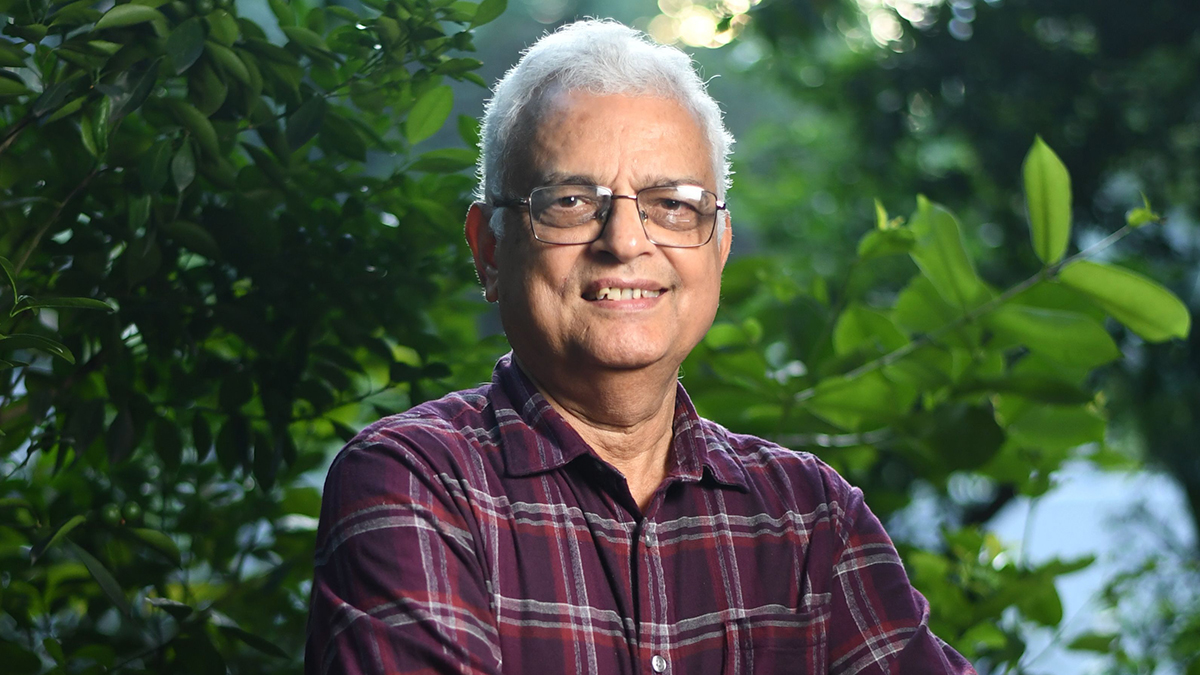Interview / O.P. Rawat, former chief election commissioner
Q/ There has been criticism of the Election Commission’s role in granting the Shiv Sena symbol and party name to the Eknath Shinde faction.
A/ When the EC has information to believe there has been a split in a political party, it starts proceedings under Paragraph 15 of the Election Symbols (Reservation and Allotment) Order, 1968. The first such case was of the Congress in 1969 when it split over the presidential election―one group fielded V.V. Giri and the other backed [Neelam] Sanjeeva Reddy. The matter came to the EC. It applied four tests―organisational strength, legislative strength, compliance to the party’s constitution and inner party democracy. Based on that, the EC took a decision that Congress(J) was the real Congress. Congress(O)’s Sadiq Ali went to the Supreme Court challenging the decision, and the court upheld the decision, which was solely based on legislative strength.
As regards organisational strength, there were claims and counter claims, and many people on one side, many on the other. It was humanly impossible to manage any opinion on that. Similarly, claims and counterclaims on compliance to the constitution. So all those tests failed, and the EC based its order on legislative strength. The same tests were applied in the Eknath Shinde case, and there again, the same thing was observed, that on all other tests, there were claims and counterclaims, and without going into a detailed inquiry, no definite opinion was possible. So the test of legislative strength was applied. And legislative strength was on Shinde’s side.
Q/ The counter argument is that the party is the organisation and it can exist even without legislators.
A/ In fact, the party can still exist without the symbol. Symbol is required for elections, and election throws up the legislators, and therefore the direct connection is with the legislative strength. Legislative strength is definite because numbers do not need any kind of corroboration or evidence. The number of MLAs or MPs is a clear ground. So, for a summary inquiry to be completed in 15 days or one month, this is the only way.
Like in one case from Tamil Nadu, we found that three truckloads of affidavits had come to the EC. The EC said this cannot be sifted through in one year because we have a staff strength of just about 300. You cannot form a definite opinion on organisational strength easily without any detailed inquiry.
Q/ Is there a need to change Paragraph 15 to bring in more safeguards regarding how factions are recognised?
A/ I don’t think there is any need. Anything which needs to be done in a day or two or two weeks, if you bring in more rules and regulations, you will create space for political skulduggery and manipulation. It is simply a summary inquiry based on the material submitted by the warring factions. If more things are added to Paragraph 15, it will result in cross-examining and all those procedures which will be dilatory. So far, whatever decision has been taken, whether it was the AIADMK case or Samajwadi Party or the JD(U) case, the Supreme Court has upheld the decision of the EC.
Also Read
- India’s anti-defection law: Four decades of failure
- 'We have made an ass of the anti-defection law': Abhishek Singhvi
- 'Once you defect, you must resign': Venkaiah Naidu
- Why merger exemption needs clarity or removal
- 'Anti-defection law has proved to be a complete failure': P. Chidambaram
- Why political bias should be kept out of anti-defection law
Q/ Suggestions have been made that the speaker should not be the deciding authority in the Tenth Schedule and the decision should be taken by either the president or the governor acting on the advice of the EC.
A/ The Supreme Court has said that no executive authority should have the jurisdiction of getting into the political process. The speaker’s role being given to the governor or president or any other executive institution will vitiate the political process. He or she is appointed by someone else, so that person sitting remotely can control the political process of a state legislature. We will be destroying the democratic fabric. We must believe in our politicians and leave the whole political process to them.
The EC is set up only for conducting elections and maintaining electoral rolls. They should not be tasked with anything else. If you bring the EC into the anti-defection law, it will be terrible.


